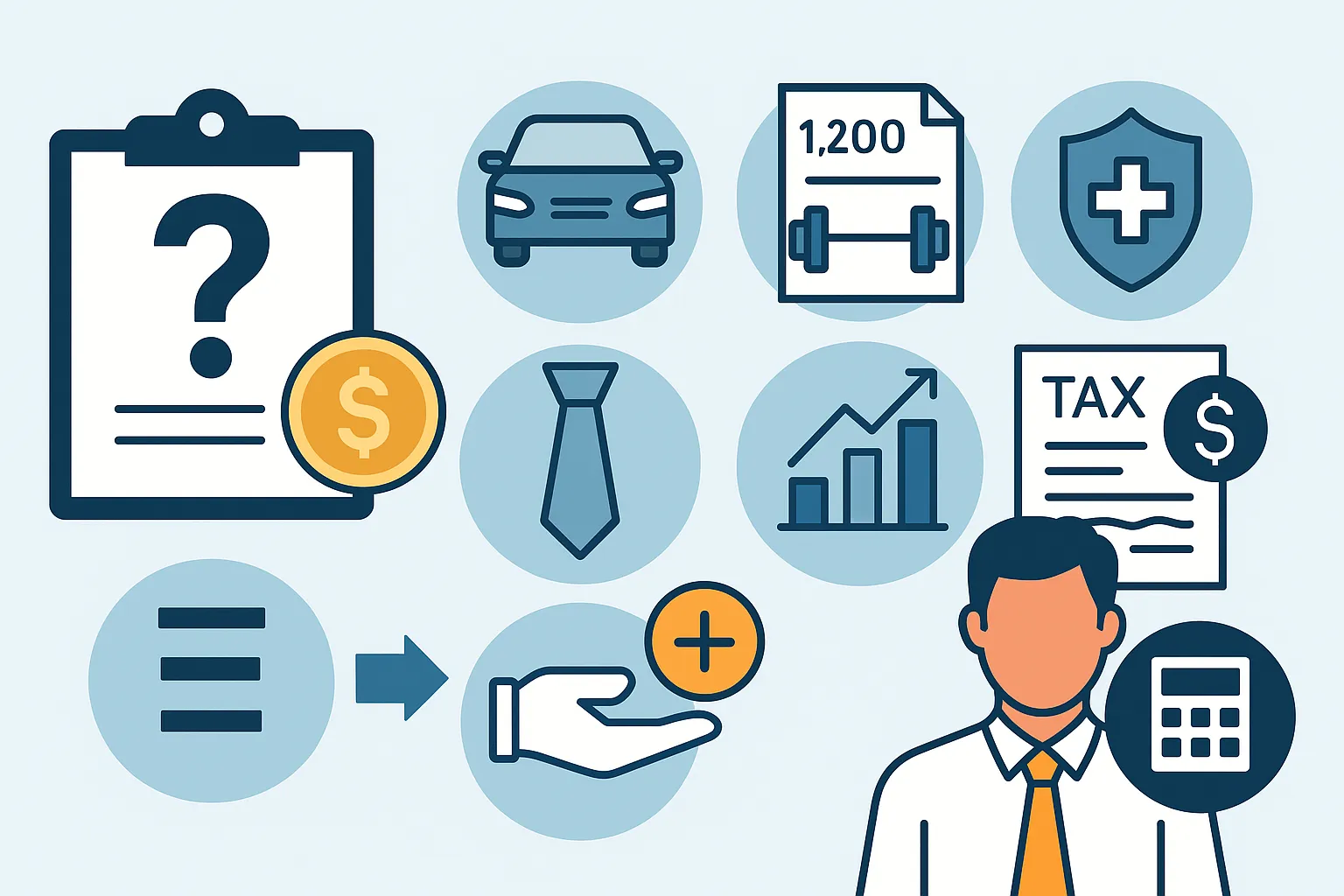Taxing Unrealized Gains: What It Is and Why It Matters

Let’s be honest, taxes can feel like a maze sometimes. And when you hear a term like “unrealized gains,” it’s easy to think, “Oh no, more confusing stuff to deal with!” But don’t worry, we’ve got your back. By the time you finish this article, you’ll understand what taxing unrealized gains means, why it’s such a hot topic, and how it might affect you. Let’s break it down together.
Key Takeaways
- Unrealized gains are the increase in value of something you own, like stocks or property, that you haven’t sold yet.
- Taxing unrealized gains would mean paying taxes on that growth even if you haven’t cashed in on it.
- The idea is meant to address wealth inequality, but it’s raising lots of questions about fairness and practicality.
- Knowing this concept is crucial, especially if you invest or follow tax policy changes.
What Are Unrealized Gains?
Let’s start with the basics: Unrealized gains happen when something you own—say, a stock or a house—goes up in value, but you haven’t sold it yet. It’s like seeing your home’s value increase on Zillow; you know it’s worth more, but you haven’t pocketed the cash.
Hypothetical Example
Picture this: You buy stock in a company for $1,000. A year later, it’s worth $1,500. That’s a $500 unrealized gain because you haven’t sold it yet. It’s just numbers on paper (or your app).
Currently, under U.S. tax rules, you don’t owe taxes on that $500 unless you sell the stock. At that point, it becomes a realized gain, and you pay taxes on it. Easy enough, right?
What Does It Mean to Tax Unrealized Gains?
Now here’s where things get tricky: Taxing unrealized gains means you’d owe taxes on that $500 gain even if you didn’t sell your stock. Yep, you’d be paying taxes on paper gains. It’s a big shift from how things work now.
Hypothetical Scenario
Let’s go back to your $500 gain. Imagine the government says, “We’re taxing unrealized gains.” At the end of the year, you might owe taxes on that $500 even though you didn’t sell the stock and don’t have extra cash from it.
Why Is This Being Discussed?
The idea of taxing unrealized gains is being floated as a way to reduce income inequality. In the U.S., the top 1% of earners hold over 30% of the nation’s wealth, much of it in investments. Recent proposals, such as those targeting billionaires, suggest taxing the yearly growth of their investments even if they haven’t sold any assets, which could generate an estimated $360 billion annually for public programs, according to some analysts. Here’s the thinking:
- Wealth Concentration: The wealthiest Americans often make most of their money from investments. By holding onto assets, they can avoid taxes for years.
- Revenue Potential: Taxing unrealized gains could generate billions of dollars for government programs.
But it’s not without controversy. Critics argue:
- It could be unfair to people who have valuable assets but no cash to pay the taxes.
- Some assets, like real estate or art, are tough to value annually. For instance, a unique painting might have wildly different appraisals depending on market trends or the appraiser’s opinion. Similarly, real estate valuations can fluctuate due to location demand, zoning changes, or local market conditions. These variations make it difficult to establish a consistent yearly value, adding complexity to implementing such a tax.
- It might cause investors to sell off assets earlier than planned, shaking up the markets.
Practical Challenges of Taxing Unrealized Gains
It might sound simple in theory, but in practice, taxing unrealized gains comes with some big hurdles:
Asset Valuation
Not everything has an obvious price tag. Stocks are easy to value because they have a market price. But what about a private business or a rare painting? Figuring out their value each year could be a headache.
Liquidity Issues
Imagine owning a house that goes up in value, but you don’t have any cash to pay the taxes on that increase. You might be forced to sell the house just to cover your tax bill. Not ideal.
Market Impact
If investors know they’ll face yearly taxes on gains, they might sell assets sooner or make riskier moves to offset the costs. This could lead to more volatility in the financial markets.
Real-Life Consequences
One recent proposal focused on taxing billionaires’ unrealized gains. For instance, if a billionaire’s stock portfolio grew by $1 billion in a year, they could owe taxes on that amount even if they didn’t sell anything (White House, 2022).
While this might seem like a way to target the ultra-wealthy, it’s sparked debates about whether it’s fair or practical. For smaller investors, such rules could have unintended consequences, like new tax burdens on retirement accounts or property investments. Middle-income families saving for a child’s college education, for example, might face taxes on the growth of a 529 plan’s investments even if they haven’t used the funds yet. Similarly, someone relying on a rental property as a source of income might see higher tax obligations if the property value increases, potentially straining their cash flow (US Funds, 2022).
Pros and Cons of Taxing Unrealized Gains
How to Prepare for Possible Changes
If you’re an investor, here are some steps to help you stay ahead of the game:
- Track Asset Values: Keep an eye on how much your investments are worth. If these taxes come into play, this info will be critical.
- Diversify Your Portfolio: A mix of assets—some liquid (like cash) and some less so (like property)—can help you manage potential tax hits.
- Talk to a Tax Pro: Seriously, don’t go it alone. A professional can help you navigate any changes and make smart decisions.
How optimized is your portfolio?
PortfolioPilot is used by over 40,000 individuals in the US & Canada to analyze their portfolios of over $30 billion1. Discover your portfolio score now:






